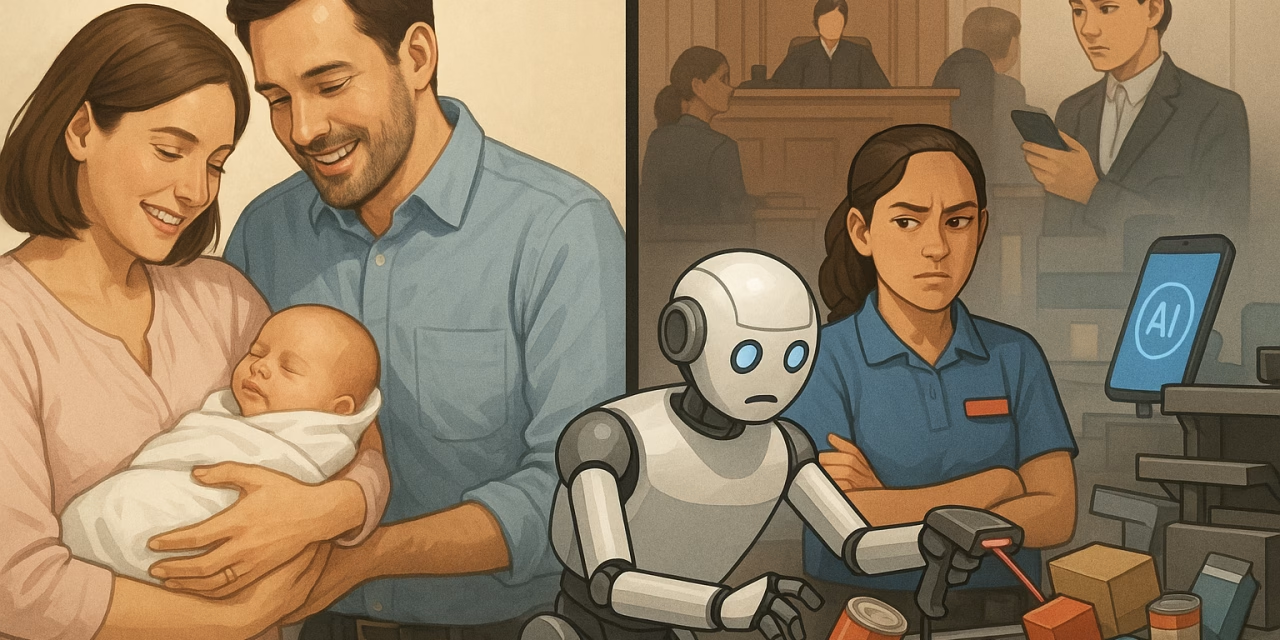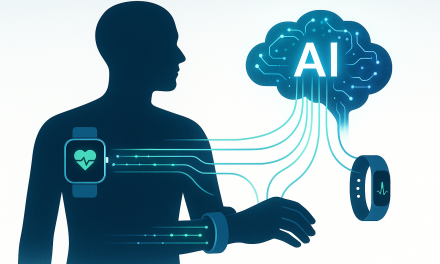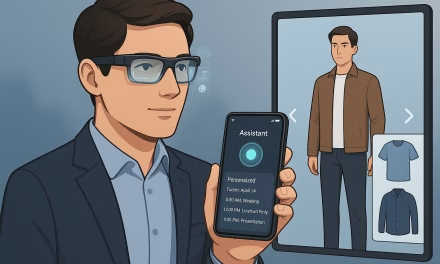July 6, 2025, encapsulates the profound and often contradictory impact of Artificial Intelligence on our daily lives, from life-changing medical breakthroughs to the stark realities of workforce displacement and the practical limitations of current AI technology.
In a heartwarming display of AI’s potential for good, an AI-powered STAR (Sperm Tracking and Recovery) system helped a couple conceive after 18 years of infertility. By analyzing over 8 million images in just one hour to identify hidden sperm, the AI achieved what was previously a near-impossible task, demonstrating its ability to provide hope and transform lives in the most personal of ways.
However, this story of hope is juxtaposed with growing anxiety about AI’s impact on the workforce. Senior executives from major corporations, including Ford, JPMorgan, and Amazon, have warned that AI will trigger substantial cuts in white-collar jobs across finance, HR, and administrative functions. This has fueled a sense of unease and highlighted the urgent need for reskilling and digital transformation initiatives to prepare for a future where human and AI collaboration is the norm.
The practical limitations of AI were also on display, with a new study revealing that AI agents that perform well in simulations often fail at basic real-world retail tasks. This “reality check” underscores the significant challenges of translating AI’s theoretical capabilities into reliable, real-world applications and the need for more robust testing and development methodologies.
Amidst these developments, the regulatory landscape continues to evolve, with the U.S. Senate revising a proposed ban on state AI laws. This ongoing debate reflects the complex process of creating a legal framework that can both foster innovation and protect against the potential harms of AI.
The developments on July 6, 2025, collectively illustrate the AI paradox: a technology that can bring immense joy and solve intractable problems, while also creating significant societal and economic challenges. As AI becomes more deeply integrated into our lives, navigating this complex landscape will require a thoughtful and balanced approach that embraces innovation while prioritizing human well-being and ethical considerations.





